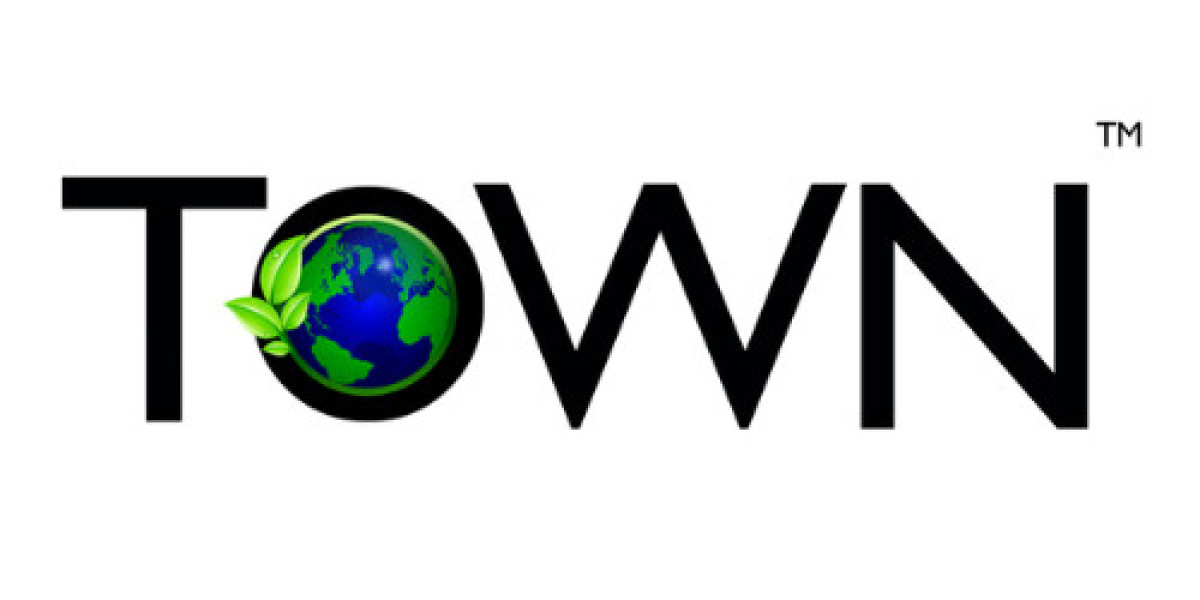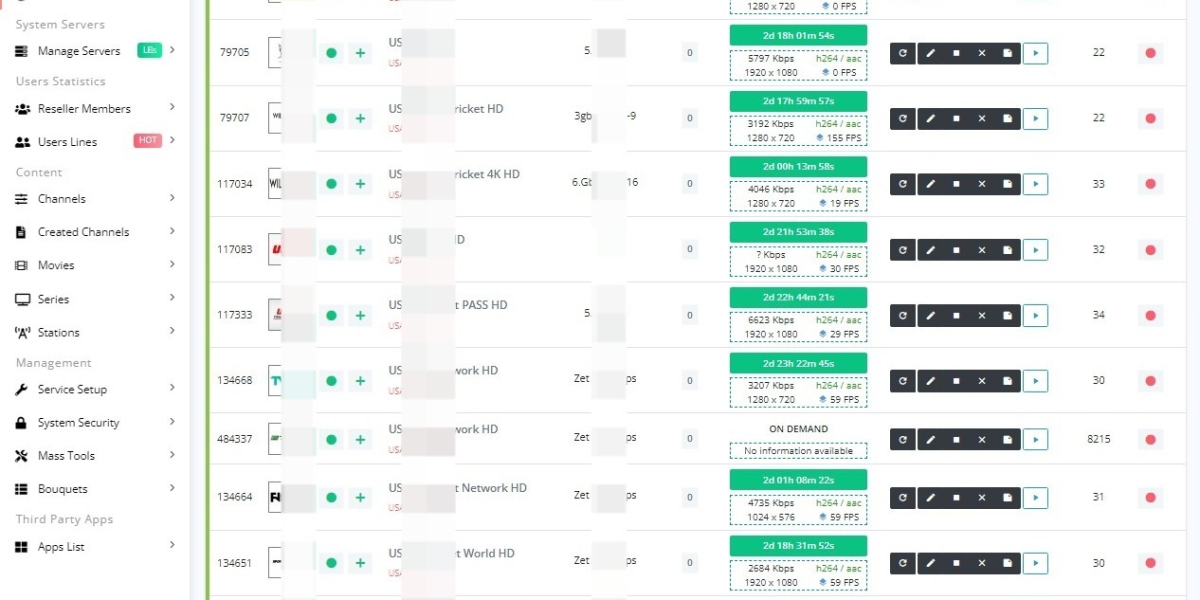The Role of HR in the Modern Workplace
In today's rapidly changing business landscape, the concept of a traditional office setting with employees working 9-5 has evolved into various work arrangements, including regular office schedules, hybrid setups, and work from home options. As companies adapt to these different models, the role of HR has also undergone a transformation to meet the needs of these new workplace dynamics.
1. Regular Office Model
In the traditional regular office model, HR departments are responsible for recruiting, hiring, and onboarding employees, managing benefit programs, overseeing performance evaluations, and handling employee relations. They ensure compliance with labor laws, resolve workplace conflicts, and foster a positive company culture.
With the shift to remote work, HR professionals now must also focus on creating policies and procedures that address the challenges of managing a dispersed workforce. This includes developing guidelines for remote work, providing resources for employees to maintain work-life balance, and developing strategies for effective communication and collaboration.
2. Hybrid Work Model
The hybrid work model combines elements of both in-office and remote work, allowing employees to split their time between working in the office and from home. This model presents unique challenges for HR, as they must create a cohesive work environment that supports both in-person and remote employees.
HR professionals in companies with a hybrid work model are responsible for implementing flexible scheduling options, ensuring that all employees have the necessary technology and resources to work remotely, and promoting a culture of inclusivity and collaboration. They must also address concerns regarding equitable treatment of in-office and remote employees, and provide support for employees who may struggle with the transition to a hybrid work setup.
3. Work From Home Model
The work from home model, popularized by the COVID-19 pandemic, has become a permanent fixture in many organizations. HR departments must adapt to this new reality by developing policies and procedures that support remote work, while also addressing the unique challenges that come with managing a fully remote workforce.
HR professionals in companies that have embraced remote work are responsible for creating guidelines for remote work, fostering a sense of community and connection among remote employees, and providing resources for mental health and wellness. They must also address issues related to productivity and work-life balance, and ensure that remote employees have the support they need to succeed in their roles.
Challenges and Opportunities
While the evolution of work arrangements presents challenges for HR professionals, it also offers opportunities for growth and innovation. HR departments that can successfully navigate the complexities of managing a diverse workforce will be better positioned to attract and retain top talent, drive employee engagement and productivity, and contribute to the overall success of the organization.
By embracing new technologies, developing agile HR practices, and fostering a culture of flexibility and adaptability within the organization, HR professionals can play a key role in shaping the future of work and driving business success in the modern workplace.
Conclusion
As companies continue to explore different work arrangements, HR departments must evolve to meet the changing needs of employees and the organization. By adapting to the demands of regular, hybrid, and work from home models, HR professionals can drive employee engagement, foster a positive work environment, and support the growth and success of the organization in the digital age.








